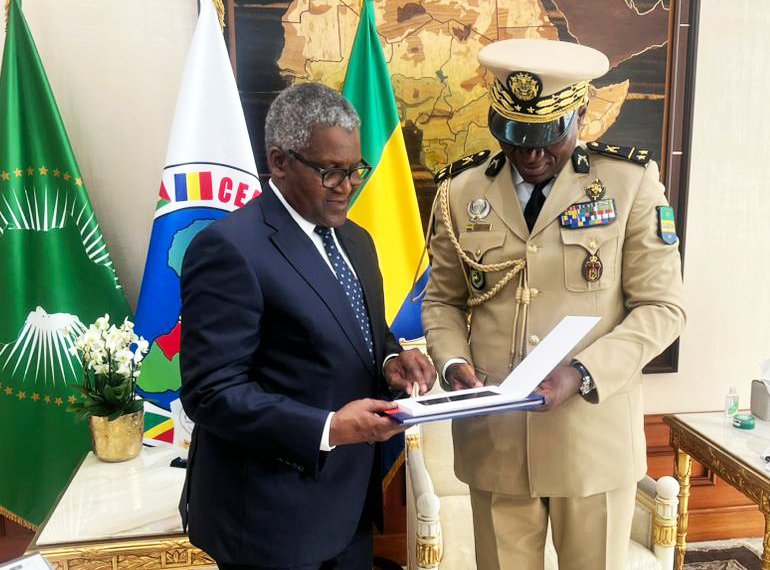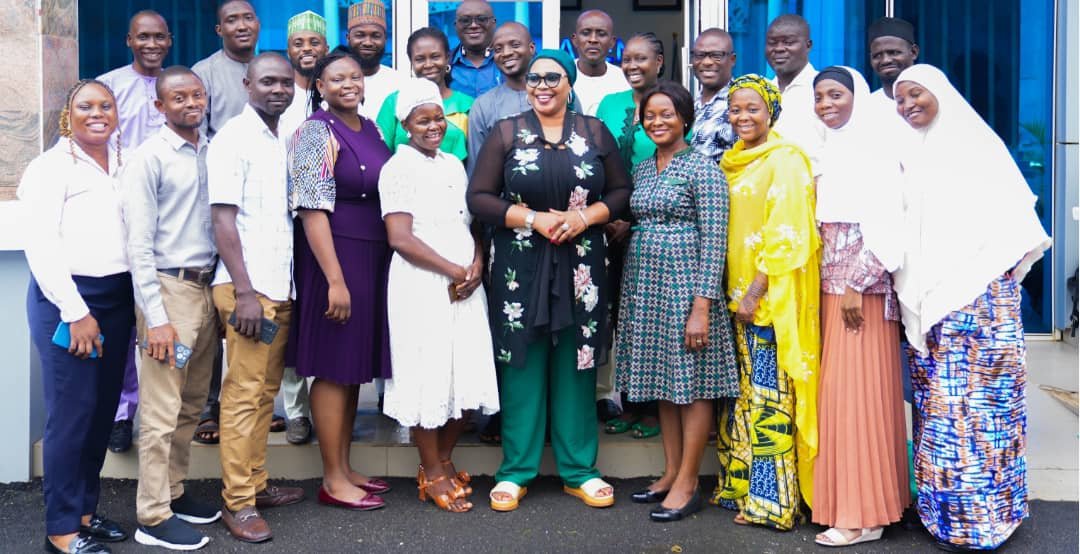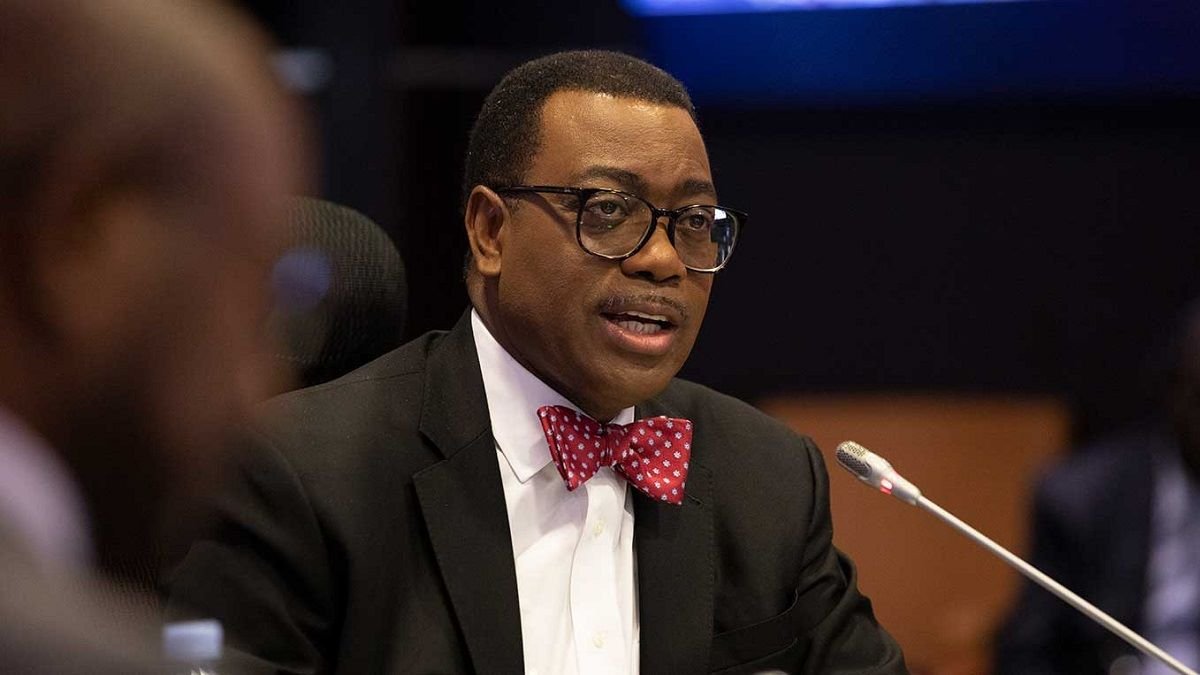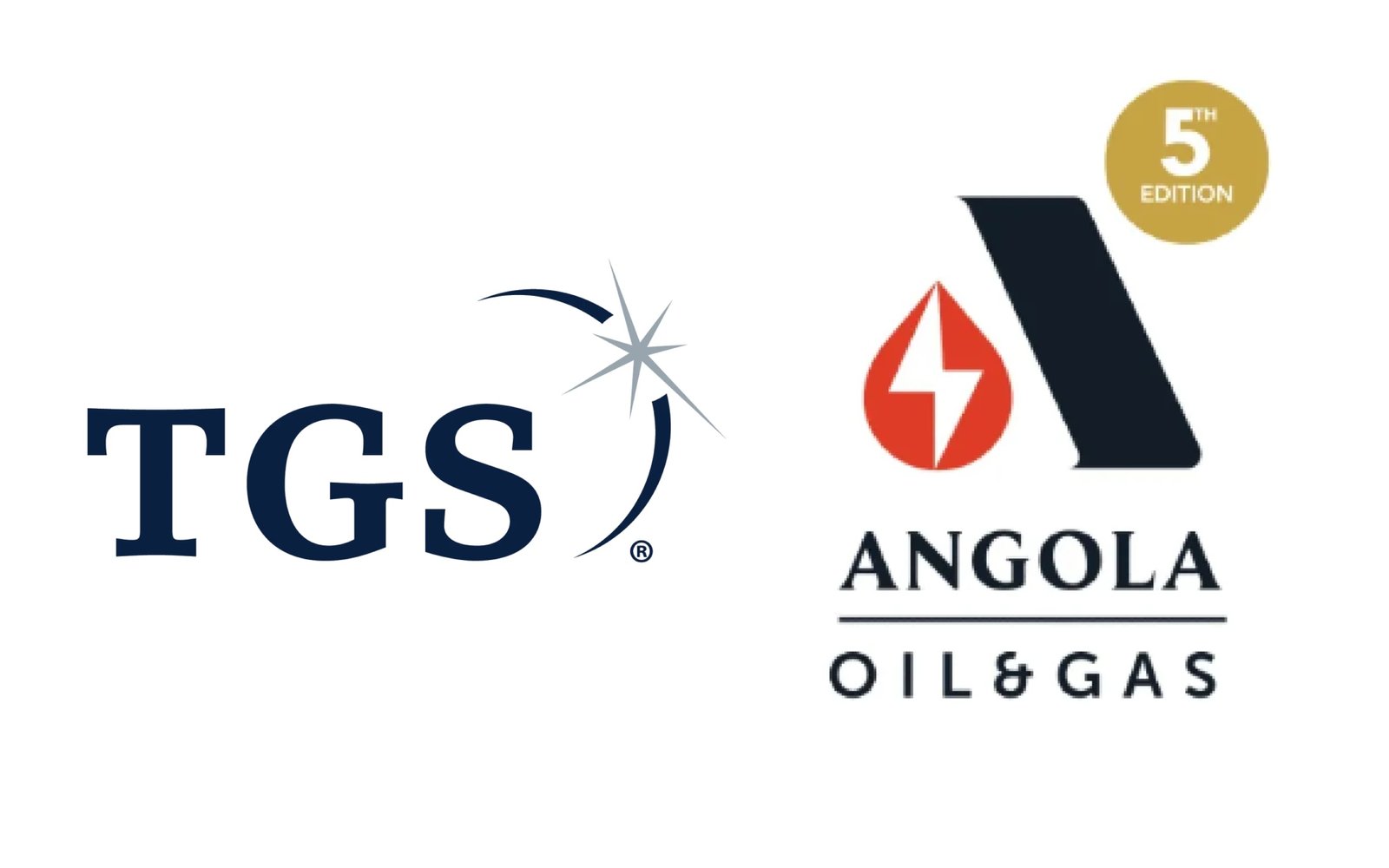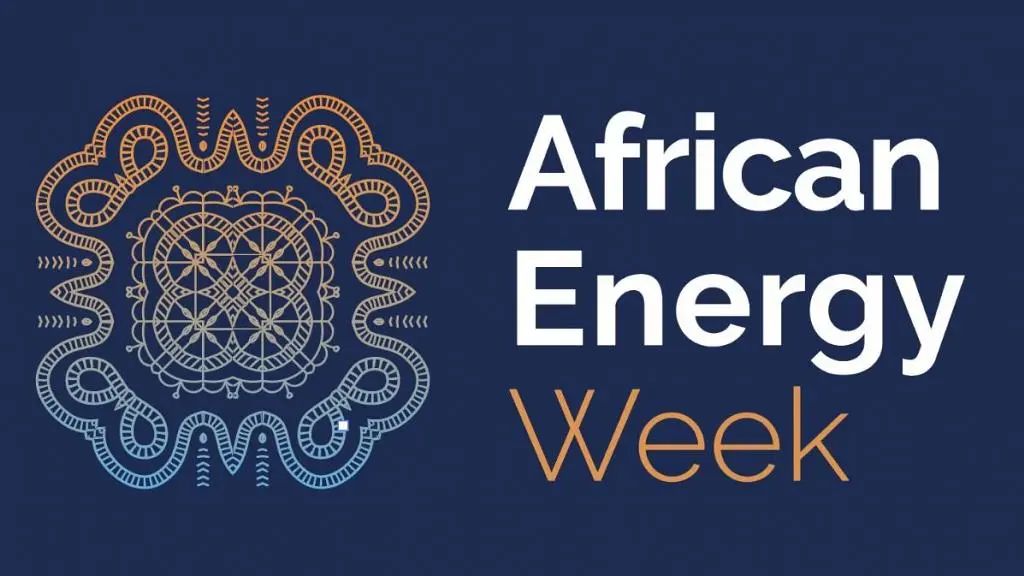The United Nations Women Kenya in collaboration with Honda Kenya trained 30 motorcycle taxi operators from Kakuma town on safety riding as well as GBV prevention and response, culminating with a showcase at the Kakuma airstrip on the 17th of November 2022. The training sensitized the taxi drivers on the available GBV response services and locations where the services could be accessed across the Kakuma refugee camps. Motorcycle taxi operators are usually the first responders in the area due to the lack of availability of other forms of public transport. The roads within the area are rough, making them unsuitable for most vehicles.
Honda Motorcycle Kenya Ltd. and the Automobile Association of Kenya (AAK) conducted road safety awareness and traffic compliance training. As a result, all the trainees were able to obtain the Kenyan motorcycle driving license issued by AAK. In Turkana County where the Kakuma refugee camps are hosted, most motorcycle riders do not obtain a license due to financial and documentation challenges.
The 30 taxi operators will continue sensitizing other operators in Kakuma during and after the project period. Currently, 3,000 riders are registered in the Kakuma Motorcycle Cooperative with only 1 woman member, who attended the training.
Representatives from the Turkana County Ministry of Infrastructure, Transport and Public Work and the Turkana West Sub-County Office provided remarks on the contribution of the training to the society and the importance of knowledge and compliance with traffic rules among taxi operators given the fact that most traffic accidents are caused by human errors. UNHCR Protection Officer, Robin Masinde Lyambila thanked UN Women, Peace Winds Japan, and Honda Kenya for the training stating that the training is beneficial not only for motorcycle taxi operators but also for the passengers, hence having a positive impact on the entire community.
The UN Women Deputy Country Representative a.i, Idil Absiye, welcomed a good initiative through the collaboration of humanitarian, development, and private actors to support the community, especially women and girls. She encouraged the Kakuma Motorcycle Cooperative to provide more chance to female taxi operators given that motorcycle taxi is the only means of public transportation in Kakuma and critical livelihood opportunities for community members, even for women.
During the safety riding training, UN Women’s partner on GBV response, International Rescue Committee (IRC), conducted a session to sensitize GBV referral pathways for motorcycle taxi drivers. As a result of previous stakeholder engagements, it was learned that motorcycle taxi operators are a key link in the transportation of survivors of gender-based violence to nearby health facilities. Under the UN Women project, IRC supports GBV survivors in Kakuma refugee camps and host communities providing comprehensive, timely, and quality clinical and psychosocial care to survivors. Since the project’s inception in November 2021, IRC provided services to more than 3,000 survivors at their 2 GBV One-Stop Centers and 2 Women’s Safe Spaces.




